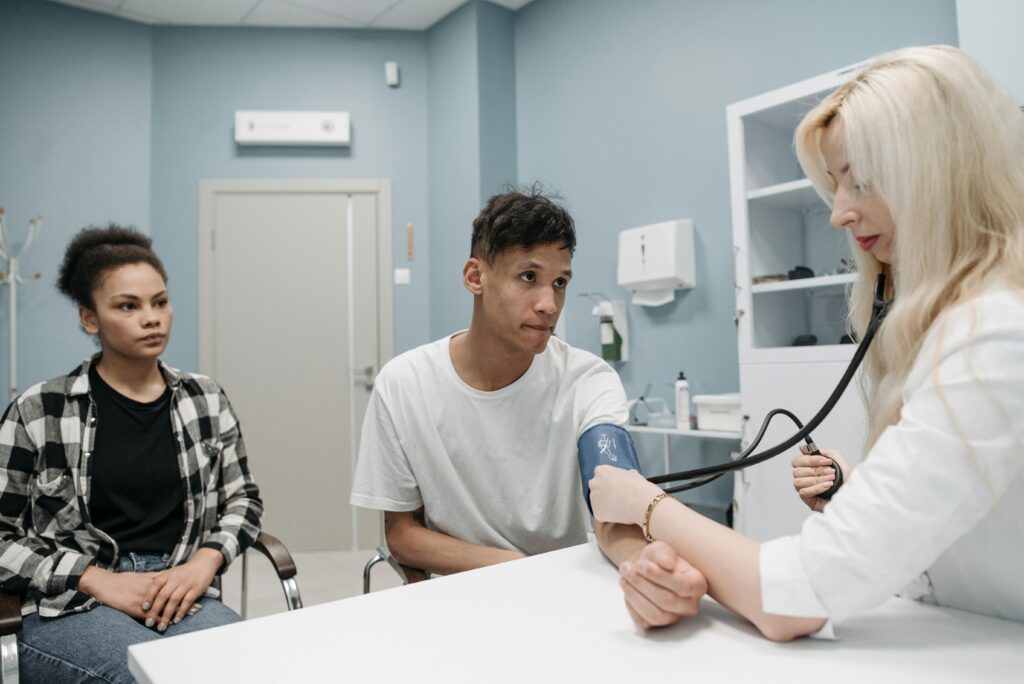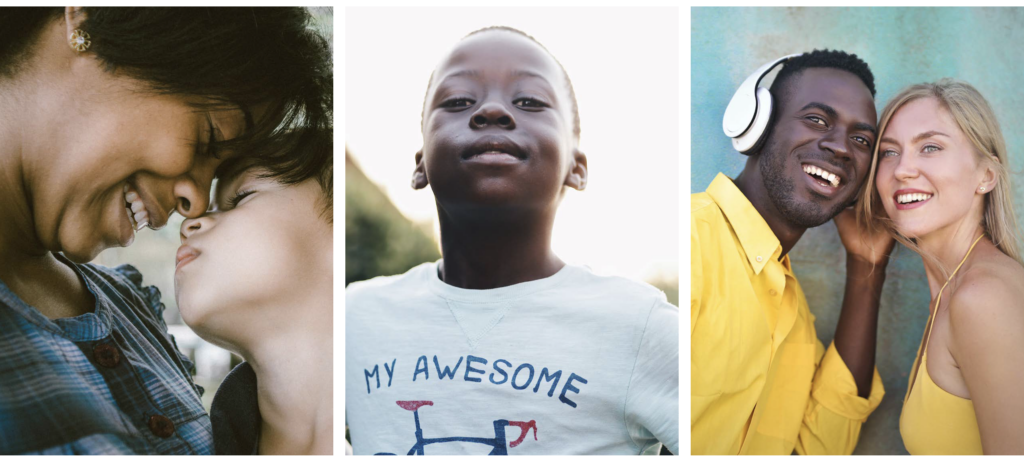| Dear friends,
One of the most exciting observations I’ve made so far in 2019 is that the Upstreamist community is rapidly growing. And that news raises an important recognition: As our upstream mission builds momentum, we must remember that it’s not just individual, but also community needs that encompass our work.
This was a message I sensed keenly at the annual Health Tech 4 Medicaid forum hosted within San Francisco’s Glide Church a few weeks ago, and in a recent article in Health Affairs. It’s easy to fall into an individualistic worldview, one that sees moving upstream as all about optimizing individual clinical outcomes.
But even as we work to help individuals get their social needs met, it’s equally important to focus on addressing the economic and community-level conditions that drive those needs in the first place.
Just last week, I gave a presentation in Los Angeles to about 40 graduate students from across the health professions. I presented to them a story I’ve often told, that of Mrs. M., a 46-year-old mother of two who also cares for her frail, elderly mother. She works two jobs to make ends meet. I explained that she was admitted at a local hospital after she nearly fainted. Her type 2 diabetes was poorly controlled.
“What could have led to this woman’s hospitalization?” I asked. To my pleasant surprise, these young caregivers completely bypassed the standard response I so often get in healthcare settings: that Mrs. M. was “not compliant” with her treatment. Instead, they brought up social factors such as food insecurity that may have affected her health.
What’s more, the students understood that these upstream issues manifest at three levels: individual, institutional, and community. At the level of individuals, they knew that upstream factors show up as health-related social needs. When reflecting on the role that health institutions play, they discussed the importance of shared responsibility, of health and social integration. And when working at the community level, they saw that upstream care reaches into the realms of policy, power, and the distribution of resources — the broad social determinants of health.
This was a powerful moment for me. It was invigorating to realize that the age-old narrative that segregates the silos of individualistic medicine vs. communal public health is becoming obsolete. We can finally move past that either/or debate.
Now, as the upstream movement builds, we must continue to choose different narratives than the ones our silos have given us — whether in the norms of how we talk and think about patients, or in our thinking about providing care outside the walls of a clinic. Addressing the social needs of individuals is critical, but we must also address broader inequities at the community level.
In other words, we must embrace the full scope of what it means to be an Upstreamist.
I can’t close without noting that just as the community of Upstreamists grows, so does the crew here at HealthBegins. We’re excited to welcome to the team Read Holman. Read previously spent eight years in Washington D.C. bringing innovation and entrepreneurship to the worlds of public health and government at the federal level. He’s based now in Oakland, Calif. If you’re in the Bay Area, I’m sure he’d appreciate your reaching out to him.
Best,

Rishi Manchanda |









